How To Get Rid of Hard Water in Minnesota
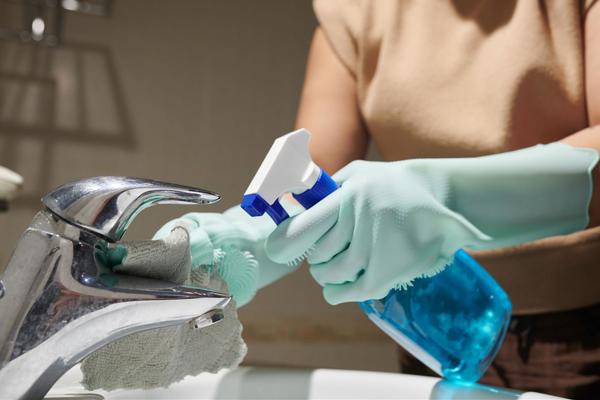
Prevent and get rid of hard water stains on your plumbing fixtures with these tips.
Minnesota is known for its hard water, with some areas in the state testing at more than 310 PPM. For comparison, water is considered hard at just 120 PPM.
While the added calcium and magnesium in your water are safe to drink, you might not want to use hard water to wash up. The mineral levels react to soap, leaving behind a slimy residue that takes a lot of rinsing and can leave a white residue inside your appliances and on your dishes. Hard water can also wreak havoc on skin and hair.
If you want to know how to get rid of hard water in Minnesota, start with these tips:
Tired of dealing with hard water?
Call MSP Plumbing Heating Air's plumbing experts at (651) 228-9200 for prompt, friendly service on water softener installation in the Minneapolis-St. Paul area. We've been offering transparent pricing and fast, reliable plumbing service for over a century. During your estimate for a home water treatment solution, you'll see why we have over two thousand 5-star reviews.
Turn Down Your Water Heater’s Temperature
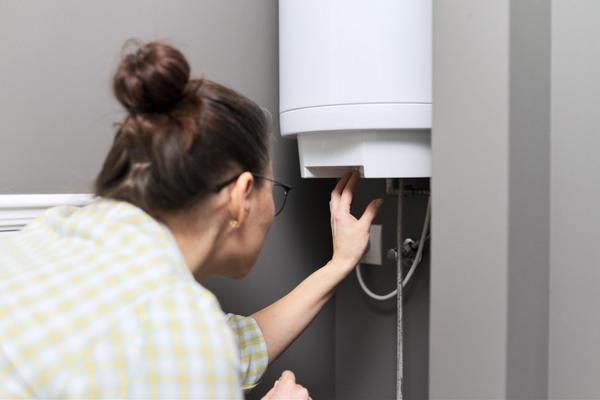
Lowering the temperature can help prevent hard water stains.
Whenever you heat hard water, it encourages the production of limescale. That scaling then settles onto the bottom of your water heater, creating even harder water over time. Decreasing the temperature on your water heater can slow down the mineral buildup and keep your water hardness levels more stable.
Schedule Water Heater Flushes

Book a water heater flush to get rid of mineral buildup.
A water heater flush cleans out the inside of your tank, removing any scaling that has built up. If you have hard water running through your tank or use water softeners, it's important to flush your tank regularly. Limescale and other minerals can degrade your tank's interior, making your water heater wear out faster than expected.
Discuss your water hardness with an expert plumber at MSP to determine how often you need your water heater flushed.
Use Hard Water Cleaning Solutions and Rinse Agents

Use cleaning solutions designed to remove hard water stains.
One of the biggest issues with hard water is that it's difficult to rinse away using standard cleaning agents. Soap combined with hard water creates more soap scum, leaving a mess in your tub and a slimy sensation on your skin. It can also leave residue on dishes and clothes. To fix those problems, buy and use soap and cleaning agents designed for use with hard water. These options will rinse away the residue. For example, CLR is a cleaner designed to remove hard water stains.
Use Natural Cleaning Solutions
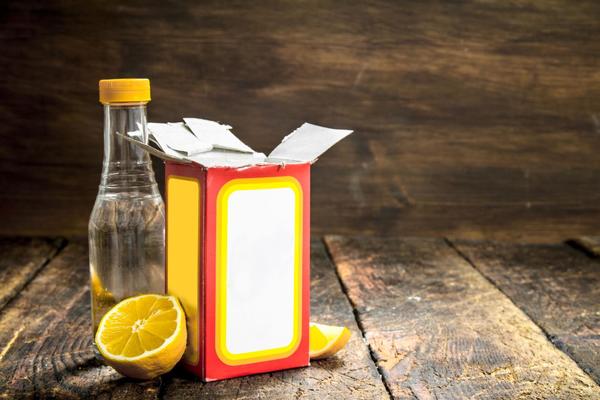
You can also use DIY cleaning solutions to remove hard water stains.
Natural cleaning solutions are a great alternative to traditional soaps. Many of these use vinegar and other natural astringents as a foundation. By avoiding the chemicals that can react with hard water, you can minimize the amount of soap scum that results. You can also avoid using harsh chemical agents that can be tough on your plumbing or affect the air when you spray a chemical cleaner. Check with your local plumber that your astringent will not damage your plumbing system.
Simply mix equal parts of water and your chosen acid (vinegar, lemon juice, etc.) and spray it on the mineral deposits left behind. Wait 5-10 minutes to let the acid work and wipe away the white spots.
Install Water Filters on Showerheads and Faucets
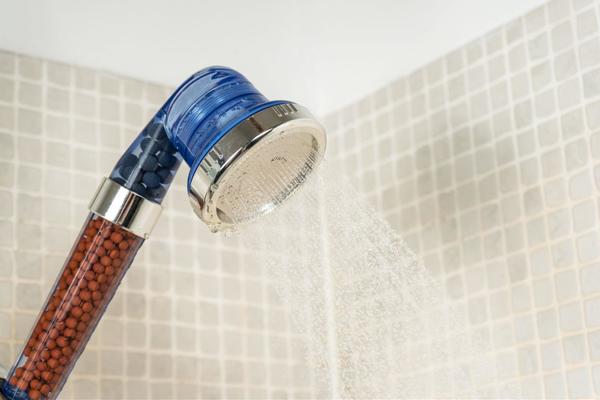
Prevent hard water with a showerhead water filter.
If you want to avoid the slimy feel of hard water during bathing and cleaning, consider installing water filters on your showerheads and faucets. These filters can act at the point of use to remove high levels of minerals and other contaminants. Filters are a great way to reduce exposure to lead or heavy metals and any chemical agents commonly added to water during treatment.
Contact MSP for more information on whole-home and point-of-use water filters for your home.
Install a Whole-Home Water Softener
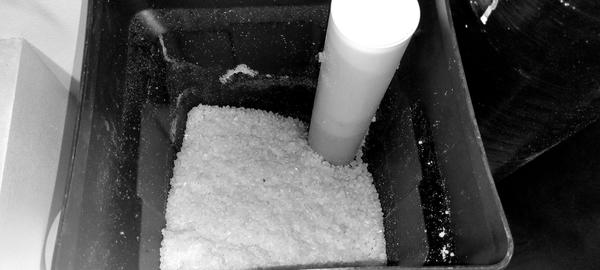
Use a water softener to condition all the water used in your home.
To get soft water in your Minnesota home, consider the benefits of a whole-home water softener. A whole-home water softener conditions all your home's water, reducing the magnesium and calcium levels to below 120 PPM. These systems work by exchanging calcium and magnesium for sodium particles.
Although, standard salt-based water softeners may pose a problem for those who need to watch their salt intake. You can install a potassium-based water softener to condition your water and keep your heart healthy.
What is the difference between a water softener and a water filter? Filters remove particles from your water, while water softeners use a chemical process to reduce the hardness. For the cleanest and softest water, you may opt to install both.
Before choosing a whole-home water softener, check with your local water treatment plant to determine your water hardness level. A whole-home softener is often the best and most straightforward solution if you're using well water.
The first step to getting the highest quality water is often arranging for testing at your home. Water softeners can improve the flavor, smell, and look of your water and, according to EnergySaver.gov, reduce the time you spend cleaning up hard water stains and save money in the long term. With all the benefits water softeners provide, it's no surprise that many homeowners are installing whole-home softeners in Minnesota.
Ready to schedule water softener installation for your home?
Contact the experts at MSP Plumbing Heating Air to get water softening solutions backed by a 100% satisfaction guarantee and over two thousand 5-star reviews from homeowners in the Minneapolis-St. Paul area. We offer same-day water heater repairs on all makes and models, along with easy and efficient water softener installations.
Call us at (651) 228-9200 to schedule your upfront estimate and get options on extended labor warranties to protect your purchase for up to 10 years!
